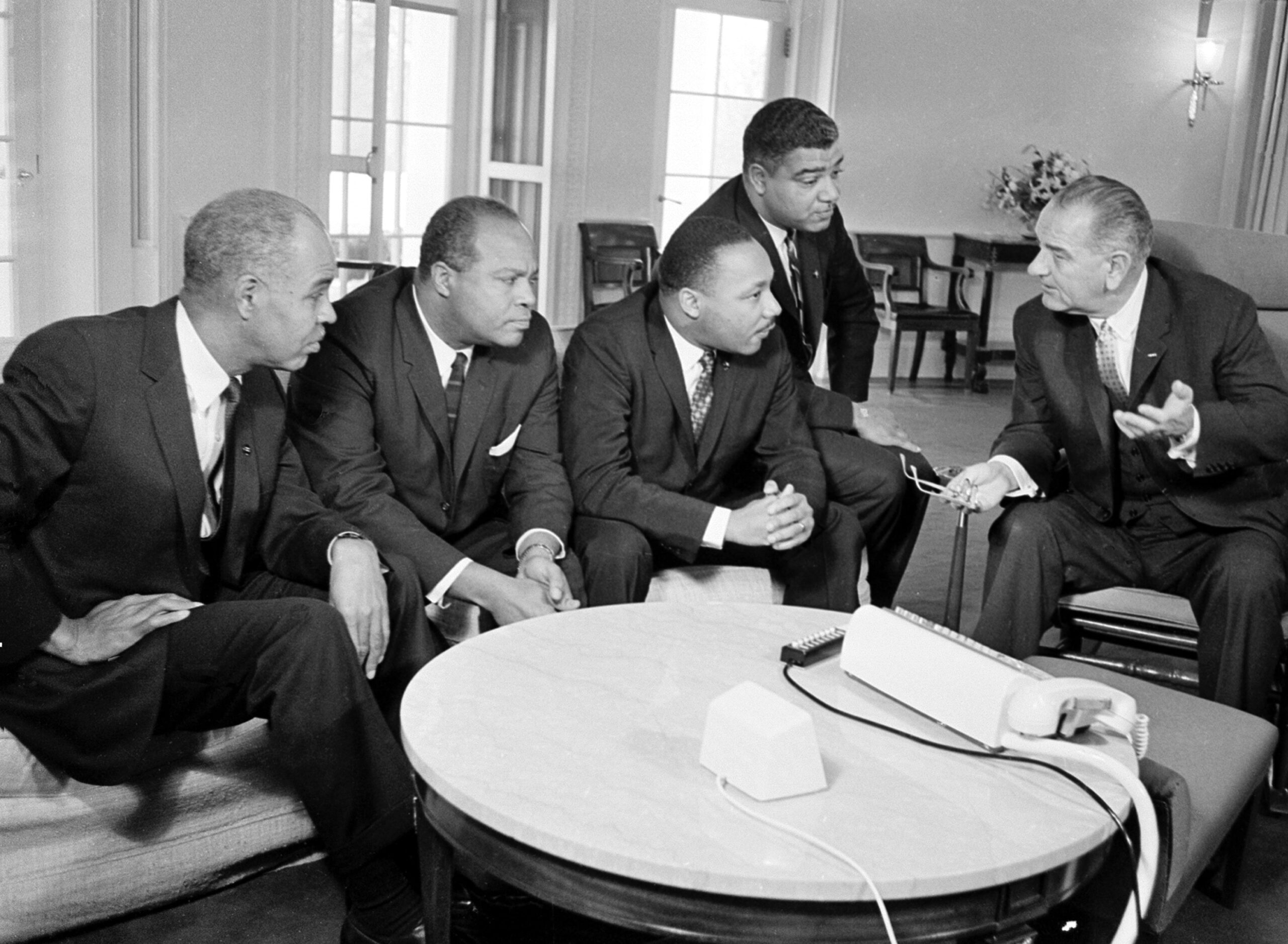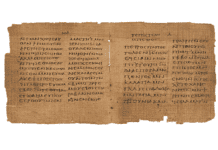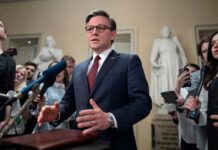Under the headline “DEMONSTRATIONS PROLONG WAR, BILLY GRAHAM CHARGES,” RNS reported that Graham said he thought King was wrong to link the anti-war efforts with the civil rights movement.
“Surely Negroes are divided about the war as the rest of us, and it is an affront to the thousands of loyal Negro troops who are in Vietnam,” said Graham, who a few months before had preached to U.S. troops in Vietnam on Christmas Day.
The Christian Century, a primarily mainline Protestant weekly, backed King’s stance, however: “As a civil rights leader King is not only committed to helping the Negro,” the magazine said in an editorial. “He is committed also to the motto of the Southern Christian Leadership Conference: ‘To save the soul of America.’”
It added: “King maintained that he could not conscientiously protest the use of violence in solving the problems of American ghettos without also condemning violence in Vietnam.”
May 1967
Contrasting reactions to King’s and others’ position on the war extended beyond Protestants.
Dean Joseph O’Meara of the University of Notre Dame Law School said in a May 3 RNS story headlined “NOTRE DAME LAW DEAN ATTACKS KING, CARMICHAEL VIETNAM STANDS”: “Such persons (Dr. King and Mr. Carmichael) are doing irreparable harm to the cause of civil rights by seeking to link the civil rights movement with their own criminal attempts to persuade young men to avoid military service.”
O’Meara, who had been active in the American Civil Liberties Union, said some other objectors to the Vietnam War — but not King and Carmichael — “are motivated by strongly held moral principles” and “are entitled to respect.”

President Lyndon B. Johnson, right, talks with Martin Luther King Jr. and other civil rights leaders in his White House office in Washington, D.C., Jan. 18, 1964. (AP Photo)
A May 1 RNS story reported that King preached the day before about Muhammad Ali, then also known as Cassius Clay, hailing his decision to refuse to be inducted into the U.S. Army.
“He is giving up even fame,” King said of the heavyweight champion in a sermon at Ebenezer Baptist Church in Atlanta, where he served as co-pastor with his father. “He
is giving up millions of dollars in order to stand up for what his conscience tells him is right.”
Ali had sought a draft exemption, citing his affiliation with the Nation of Islam, a religious movement that has championed Black separatism and empowerment.
King also said: “Every young man in this country who believes that this way is abominable and unjust should file as a conscientious objector.”











